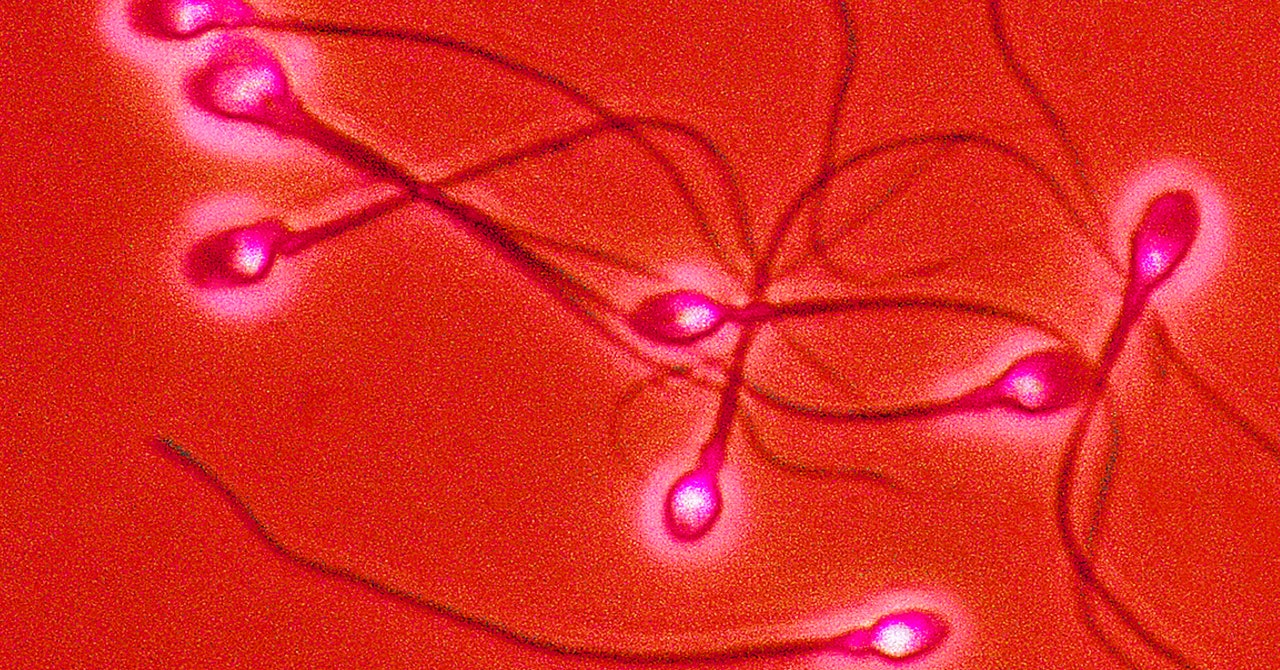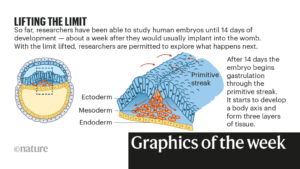
Over the millennia, individuals have give you some very efficient methods to keep away from having infants. The historic Egyptians and Greeks used linen sheaths and animal bladders, precursors to fashionable latex condoms and diaphragms. Now we’ve acquired spermicides, sponges, intrauterine units, capsules, and implants to maintain sperm and egg aside. There’s only one drawback: The individuals who need to keep away from being pregnant aren’t all the time utilizing contraception.
“The big fact here is that about half of all pregnancies are unintended,” says Deborah Anderson, a professor at Boston University Medical School who makes a speciality of obstetrics, gynecology, and infectious ailments. “Even though we have a really good method in hormonal contraception, it’s not penetrating as well as we’d like.”
There are loads of the explanation why some individuals don’t need to use hormonal contraception: It requires a prescription, it could possibly trigger disagreeable negative effects, it places the onus of contraception on girls, and it requires remembering a every day capsule or getting a shot each three months, or having a extra invasive process to place in an implant. Other strategies have their drawbacks, too: Some require accomplice consent, are straightforward to overlook or use incorrectly within the warmth of the second, or have a decrease success charge.
So scientists have been engaged on a new methodology that may be straightforward to make use of, discreet, and efficient with out altering girls’s hormones. This technique makes use of manufactured proteins known as monoclonal antibodies to imitate antibodies utilized by the immune system and assault sperm earlier than they make it to the egg. Recent papers—one printed in Science Translational Medicine in August and one other printed in EBioMedicine in July—reveal that these antibodies can latch onto sperm and render them impotent. Other research have investigated whether or not these antibodies could possibly be used to fight off HIV or the virus that causes herpes, and whether or not they’re secure to use as a topical contraceptive or as an insert like a vaginal ring.
“The timing is right,” says Anderson, a coauthor on the EBioMedicine paper, which confirmed that manufactured antibodies had been efficient at binding to sperm.
If monoclonal antibodies sound acquainted, that’s as a result of they’ve not too long ago gotten a lot of consideration as a therapy for fighting Covid-19. Antibodies are proteins that the human immune system makes to fight infections. They bind to particular websites on particular invaders and neutralize them, whereas additionally signaling to the physique that it’s underneath assault and must make extra defensive brokers. We’re born with a few of our antibodies. Others are created after we’re uncovered to a new germ and get sick—consider the itchy, hard-won immunity that comes from having the chickenpox. And some are created after publicity to a vaccine that trains the physique to fend off sure invaders with out the distress of precise sickness.
And now, some are created within the lab. These are supposed to be short-term defenders, not a everlasting immune system alteration; form of like momentary bouncers who can block undesirable company—sperm—from becoming a member of the social gathering.
Anderson envisions a vaginal movie that could possibly be bought at a pharmacy with out a prescription. Each movie would final for about a day. “I think it might be popular for use by women who have occasional intercourse,” she says. “They don’t want to be on something like a hormonal method that is a constant method. They would want to use a product only when they need it.”
Some individuals naturally produce anti-sperm antibodies, which don’t kill the sperm, however make them coagulate into a big tangle. When the sperm can’t swim out of the vagina’s inhospitable, acidic surroundings, they die. In the 1970s, scientists began making an attempt to breed these antibodies within the lab. But “at that time, the ability to manufacture antibodies and give them at specific dosages just was not possible,” says Samuel Lai, director of the pharmacoengineering program on the University of North Carolina at Chapel Hill and coauthor on the August paper. It was additionally extremely costly to synthesize sufficient of them. “That’s why all of the early work was focused on a contraceptive vaccine,” he continues.



